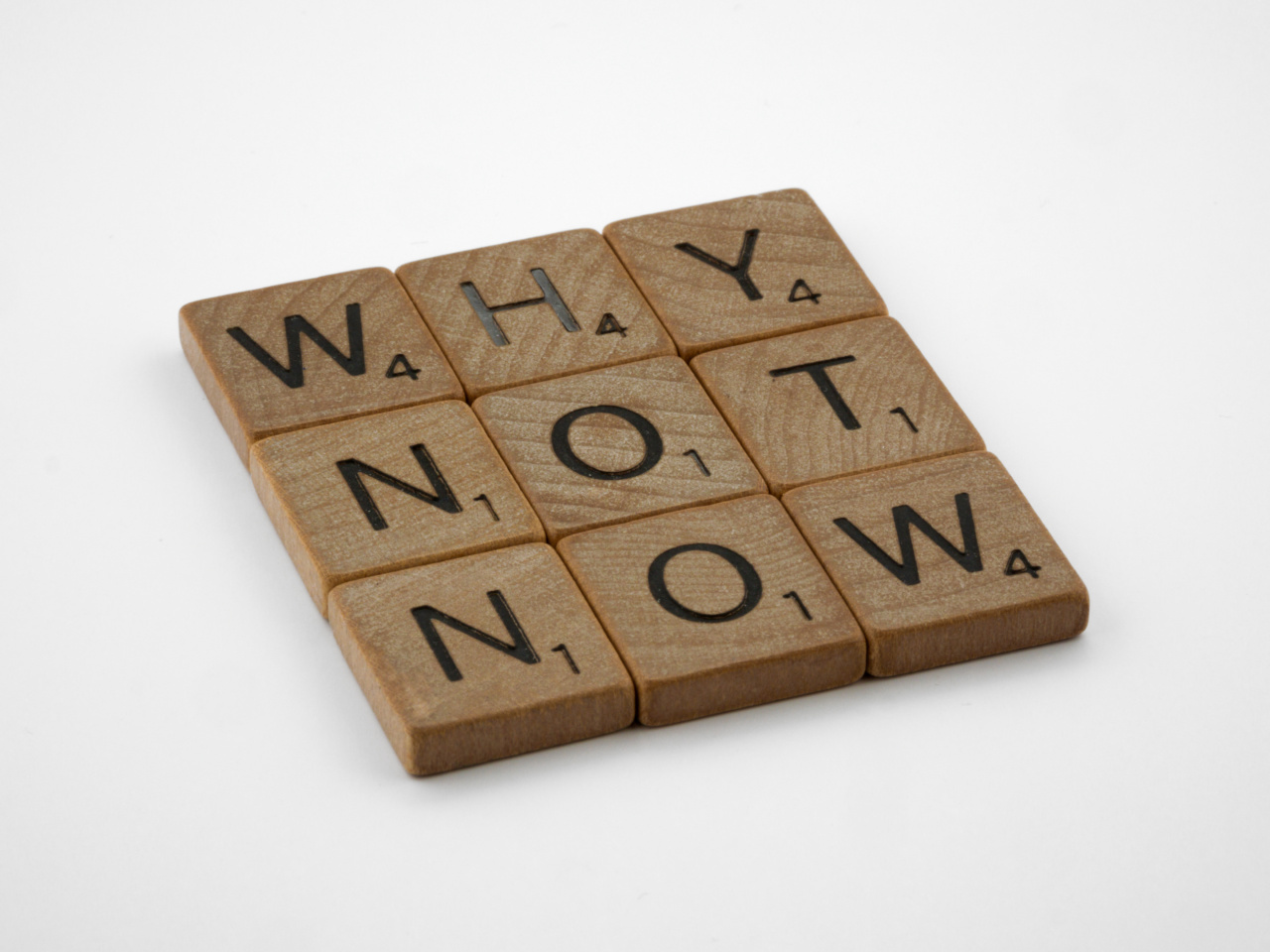Many people are intrigued by the idea of altering their blood type, whether for health reasons or to fit a specific diet plan.
With the increasing popularity of fad diets and fitness trends, the question of whether you can change your blood type through diet or exercise often arises. In this article, we will explore the truth behind this popular myth and shed light on the science behind blood types.
The science behind blood types
Blood types, also known as blood groups, are determined by the presence or absence of specific molecules called antigens on the surface of red blood cells.
The most well-known blood typing system is the ABO system, which categorizes blood into four major groups: A, B, AB, and O. These groups are based on the presence of A and B antigens.
Additionally, each blood type can be either Rh positive or Rh negative, which refers to the presence or absence of the Rh factor protein. This results in eight major blood types: A+, A-, B+, B-, AB+, AB-, O+, and O-.
Can diet affect your blood type?
Some alternative health proponents claim that following specific diets based on blood type can have health benefits, such as weight loss and improved overall well-being. However, there is limited scientific evidence to support these claims.
A popular book called “Eat Right for Your Type,” written by Dr. Peter D’Adamo, suggests that individuals with different blood types should consume specific foods based on their blood type’s evolutionary heritage.
For example, people with blood type A are advised to follow a vegetarian or plant-based diet, while those with blood type O should consume a high-protein diet.
While these dietary recommendations may promote healthier eating habits in general, it is important to note that there is no scientific evidence linking blood type to specific nutritional requirements.
Understanding the genetics of blood types
It is crucial to understand that blood type is determined by genetics and is inherited from our parents. The ABO blood type is determined by the presence or absence of specific genes: the A gene (IA), the B gene (IB), and the O gene (i).
These genes can be combined in different ways, resulting in different blood types.
For example, someone with blood type A has either two copies of the A gene (IAIA) or one copy each of the A and O genes (IAi). Blood type B is determined by having two copies of the B gene (IBIB) or one copy each of the B and O genes (IBi).
Blood type AB is determined by having one copy each of the A and B genes (IAIB), while blood type O is determined by having two copies of the O gene (ii).
Since blood type is determined by our genes, it cannot be altered or changed through diet or exercise. These genetic factors remain constant throughout our lives.
The immune system and blood type
Another argument often raised in support of the idea that diet can change blood type is the impact on the immune system. Proponents of this theory claim that certain food groups can cause immune reactions in individuals with specific blood types.
It is true that certain blood types may be more susceptible to certain diseases or conditions, but there is no scientific evidence to support the claim that diet or exercise can alter blood type and influence the immune system.
The immune system is a complex network of cells, tissues, and organs that helps protect our bodies from harmful pathogens.
While diet and exercise can certainly influence immune function, they cannot change our blood type or alter the underlying genetic factors that determine it.
The danger of misinformation
The belief that blood type can be changed through diet or exercise is not only scientifically unfounded but can also be dangerous.
Relying on misinformation may lead individuals to make misguided dietary choices or neglect important medical interventions.
It is always important to consult qualified healthcare professionals and rely on evidence-based science when making decisions about diet, exercise, and overall health.
The bottom line
The idea that blood type can be changed through diet or exercise is merely a myth. Blood type is determined by our genetic makeup and cannot be altered or influenced by lifestyle factors.
While following a healthy diet and engaging in regular exercise is beneficial for overall health and well-being, it will not change your blood type.
It is essential to rely on accurate information and consult healthcare professionals for personalized advice regarding diet, exercise, and any specific concerns related to blood type or overall health.































